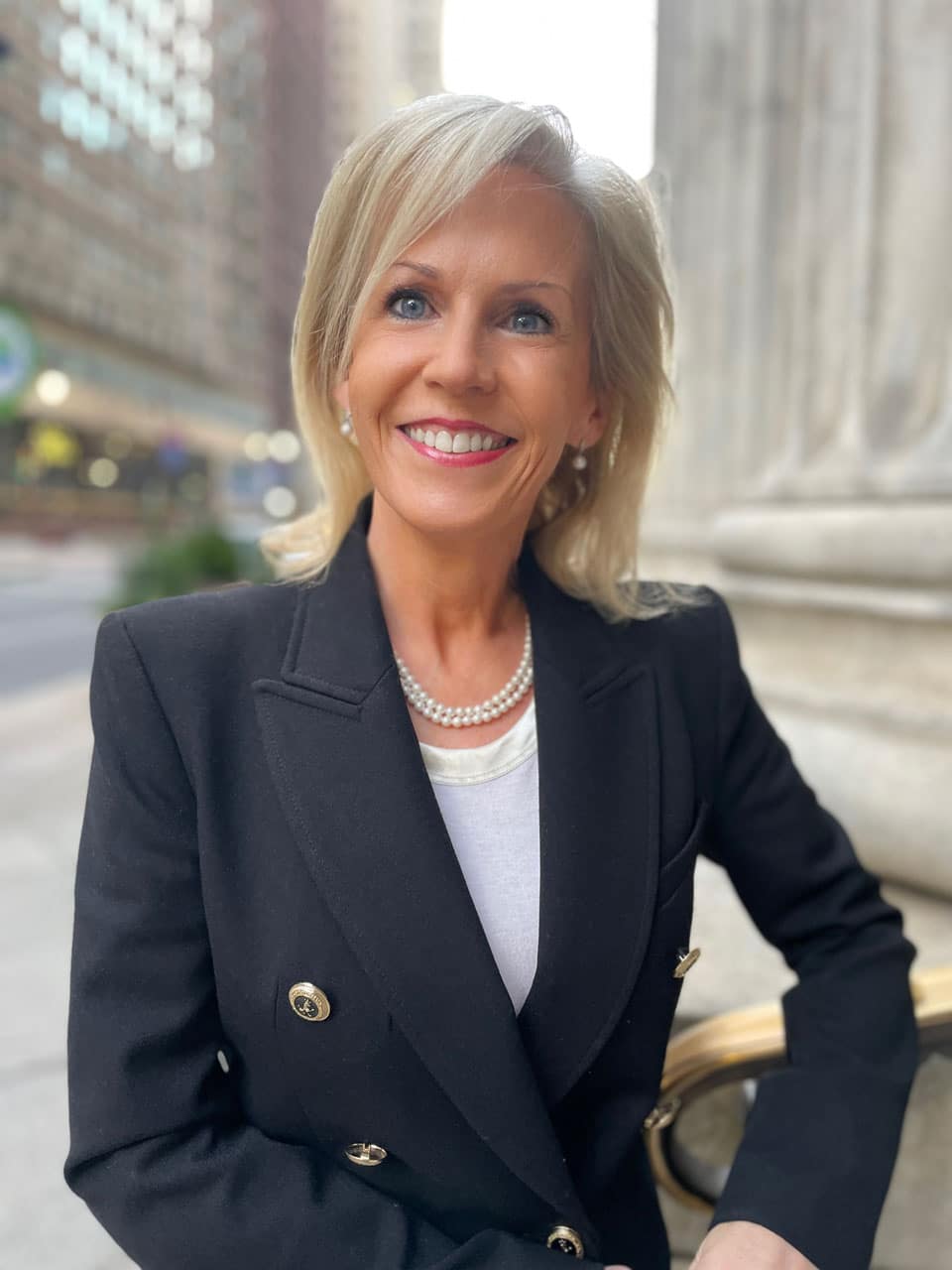How The Best CEOs Tune In To Win In A Cancel Culture

The day I reached the C-suite, a well-meaning CEO offered some advice, telling me not to expect fairness. Business isn’t fair. Life isn’t fair. After all, he hadn’t got there “by playing nice.”
Do modern CEOs really succeed by engaging in manipulation, deceit or exploitation? While some may win short-term, playing dirty predictably undermines trust, damages reputation and jeopardises long-term success. Moreover, such tactics are unsustainable in today’s cancel culture where expectations of CEOs are soaring. Only morally and socially tuned-in leaders escape the claws of social media – and that requires exceptional judgement.
Yet tuning into what really matters is getting harder in a distracting and demanding world. It’s only by understanding the hidden misjudgement traps that leaders survive.
Deciding in a Noisy World
As I explain in my book, Tune In: How to Make Smarter Decisions in a Noisy World, we’re more vulnerable to mishearing and misjudgement than ever. Overwhelmed CEOs don’t always have the time to filter what matters, taking information at face value and predictably rushing to misjudgement. Consider former University of Pennsylvania President Elizabeth Magill’s responses when interviewed by Congress about genocide. She was later forced to resign.
Bad decisions are understandable. The average Fortune 500 CEO enjoys only 28 uninterrupted minutes per day. Science then suggests it takes 23 minutes to revert to a pre-interrupted state. That’s a lot of lost time and missed signals, especially for powerholders who operate under intense shareholder scrutiny and media spotlight.
Atop any organization, I identify a toxic blend of ten judgement traps that affect risk appetite, culture, performance and ethicality. In particular, three of these combine in a force multiplier effect – power, ego and emotion. Each is underpinned by a suite of inter-related biases which trigger bad judgement.
Predictable Misjudgement Traps
- The POWER Trap. Although CEOs are shareholder-driven and goal-focused, some take it to the extreme in the pursuit of power. Think Wells Fargo’s fabricated customer accounts, Volkswagen’s false emissions or Theranos’s fake blood-testing kits. This affects lives. When the Peanut Corporation of America CEO faked safety certificates for salmonella-contaminated products, one of the largest US food recalls in history followed. Being goal-focused can distort risk perception and overrule the voice of conscience. While not everyone holds positional power, few want to lose it. Whether CEO, politician or athlete, if you’ve trampled your way to the top, few let go voluntarily. Panic can lead to stress-induced misjudgement, triggering the ego trap.
- The EGO Trap: A study of 1,000 CEOs and CFOs concluded that most make capital allocation decisions in relative isolation, many spending 28% of their time alone. Why? Powerholders think they know best thanks to the well-established above-average effect, reinforced by a thriving track record. Despite the illusion of invulnerability, all CEOs eventually lose power. Korn Ferry finds the average CEO lifespan is now just 4.9 years. Choosing when to abdicate is easier than being dethroned for not playing nice. It’s an emotional call.
- The EMOTION Trap. In shaping organizational culture, leaders need to hear themselves speak. When you lead by fear, employees become frozen in subservience. For example, at one stage, Amazon’s culture was “notoriously confrontational.” Founder and CEO Jeff Bezos’s tirades became infamous. “I’m sorry, did I take my stupid pills today?” That’s not playing nice. When Tony Hayward was appointed CEO of BP, he referenced performance as “dreadful” with “massive duplication,” citing “the small people.” Unsurprisingly, shares plummeted. Naturally, many strike the right balance.
Surviving A Cancel Culture
When advising Fortune 500 companies and start-ups, three preventative steps help prevent decision error, safeguard reputation risk and ensure business sustainability.
- Beware excessive compliance. Employee flattery may be enjoyable but it’s the kiss of leadership death as it breeds unfiltered compliance. Experienced co-pilots defer to captains and middle-ranking managers defer to CEOs. Because hierarchy dictates who gets heard, the best CEOs proactively expand the circle of opinions beyond familiar voices when making high-stakes decisions.
- Sanction uncomfortable feedback. A Deloitte study found 90% of CEOs think their employees rate them highly, but only half believe CEOs care about their well-being. This empathy gap narrows CEO reality. Create a challenger network for independent views without agendas.
- Tune into difference. People who tune in build reputations, people who tune out destroy them and miss opportunities. Remember Microsoft ex-CEO Steve Ballmer’s claim, “There’s no chance the iPhone is going to get significant market share.” It pays to embrace the maverick voice.
The temptation to take the easier or faster path rises in high stakes situations under pressure. Leaders have an ethical, commercial, and fiduciary responsibility to do the right thing and play fair. That requires tuning in to the right voices – and more importantly, knowing how to tune out when it matters most. It’s the most underestimated weapon and source of advantage you have.
Written by Nuala Walsh.
Have you read?
Revealed: These Are The Countries with Highest Rates of Infant Mortality.
Report: Austria Citizenship by Investment Programme, 2023.
Report: Cambodia Citizenship by Investment Programme, 2023.
Report: Dominica Citizenship by Investment Programme, 2023.
Report: Egypt Citizenship by Investment Programme, 2023.
Report: Grenada Citizenship by Investment Programme, 2023.
Bring the best of the CEOWORLD magazine's global journalism to audiences in the United States and around the world. - Add CEOWORLD magazine to your Google News feed.
Follow CEOWORLD magazine headlines on: Google News, LinkedIn, Twitter, and Facebook.
Copyright 2025 The CEOWORLD magazine. All rights reserved. This material (and any extract from it) must not be copied, redistributed or placed on any website, without CEOWORLD magazine' prior written consent. For media queries, please contact: info@ceoworld.biz








